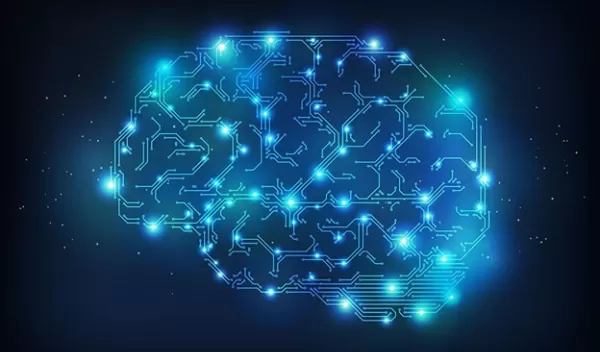
Deep brain stimulation during sleep strengthens memory
While it's known that sleep plays a crucial role in strengthening memory, scientists are still decoding how the process plays out in the brain overnight.
U.S. National Science Foundation-supported research led by scientists at UCLA and Tel Aviv University offers new evidence from inside the human brain supporting the dominant theory of how the brain consolidates memory during sleep.
The researchers found that targeted deep brain stimulation during a critical time in the sleep cycle improved memory consolidation. The result came from a novel "closed loop" system that delivered electrical pulses in one brain region that activated the cerebral cortex, synchronized with brain activity recorded in another area, the hippocampus.
The research, published in Nature Neuroscience, could offer new clues to how deep brain stimulation during sleep could help patients with memory disorders, said study co-author and physician-scientist Itzhak Fried of UCLA.
According to the dominant theory of how the brain converts new information into long-term memories during sleep, there's an overnight dialogue between the hippocampus — the brain's memory hub — and the cerebral cortex — associated with brain functions like reasoning and planning, perception and long-term memory storage. The conversation happens during a phase of deep sleep, when brain waves are slow and neurons across brain regions alternate between silence and rapid firing in sync.
"This provides the first major evidence, down to the level of single neurons, that there is indeed a mechanism of interaction between the memory hub and the entire cortex," said Fried. "It has value in understanding how memory works in humans, and in using that knowledge to boost memory."
Added NSF Program Director Jonathan Fritz, "These results show that boosting hippocampal-cortical communication during sleep can enhance memory. This research provides new insights into the mechanisms of memory consolidation during sleep and opens new therapeutic possibilities for memory disorders such as Alzheimer's disease, and for counteracting memory loss in aging and enhancing human memory."
